Transforming Homes for a Sustainable Future
Eclipse Energy, in partnership with EQUANS and with funding secured by Accent Housing through the Social Housing Decarbonisation Funding scheme, undertook a transformative project at Well Bank Terrace in Bradford. This project involved the retrofit of six semi-detached bungalows to improve energy efficiency and reduce fuel poverty.
Eclipse Energy, being the largest insulation company in the country, was committed to addressing the pressing issue of fuel poverty while contributing to environmental sustainability.
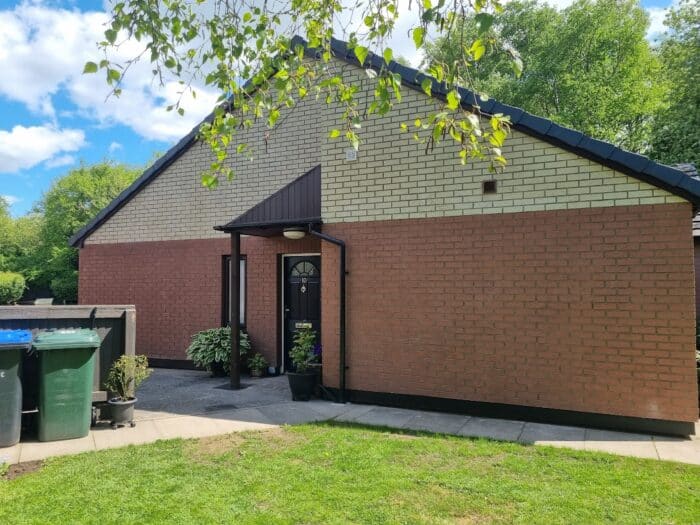
Project Scope
The scope of work carried out at Well Bank Terrace included:
- External Wall Insulation: Enhancing the thermal envelope to prevent heat loss and create a more comfortable living environment.
- Windows and Doors: Installing energy-efficient windows and doors to further improve insulation and reduce energy consumption.
- Loft Insulation: Upgrading loft insulation to prevent heat from escaping through the roof.
- Vents: Ensuring proper ventilation to maintain air quality while minimising energy wastage.
Impact
The project resulted in a substantial reduction in energy consumption, with homes experiencing an 85-90 kWh reduction in energy usage. This not only significantly lowered residents’ energy bills but also reduced the carbon footprint of the properties.
During installation: External wall insulation and brick effect render project using Wetherby render system. Here are a selection of images from the job in progress.
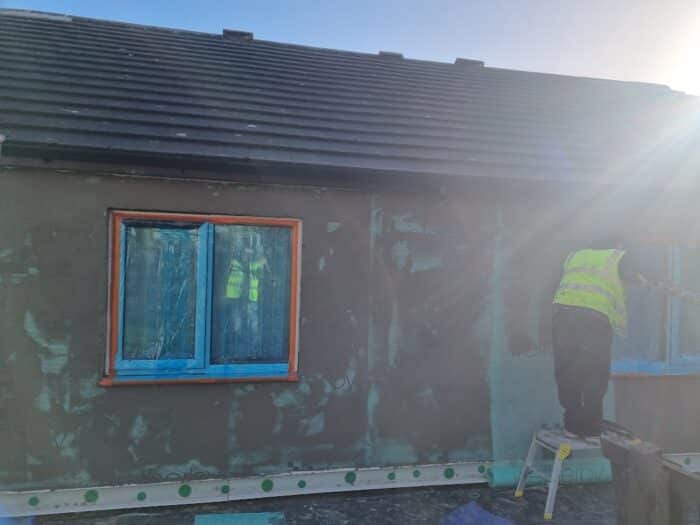
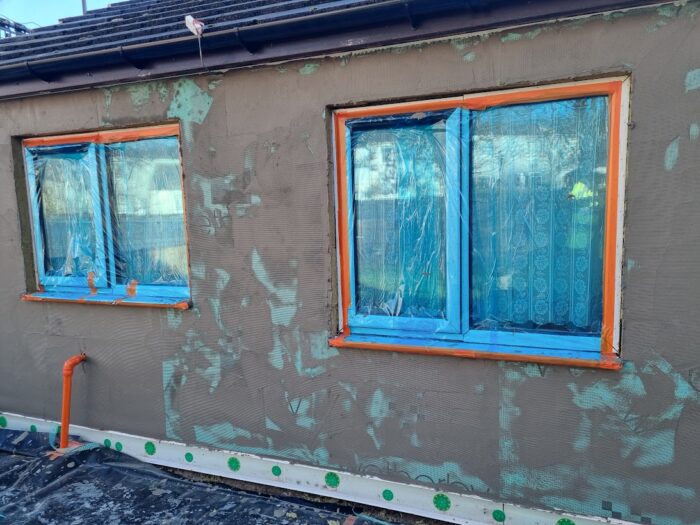
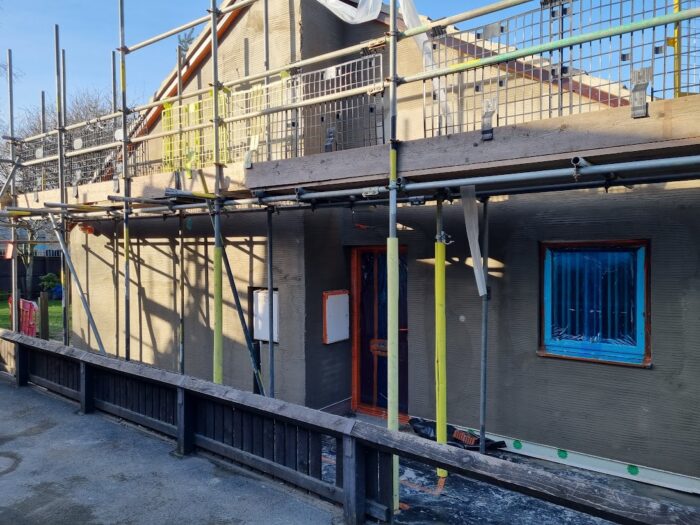
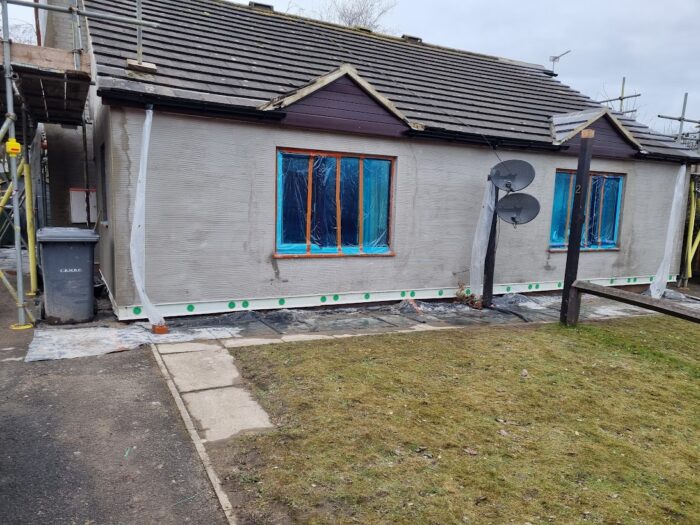
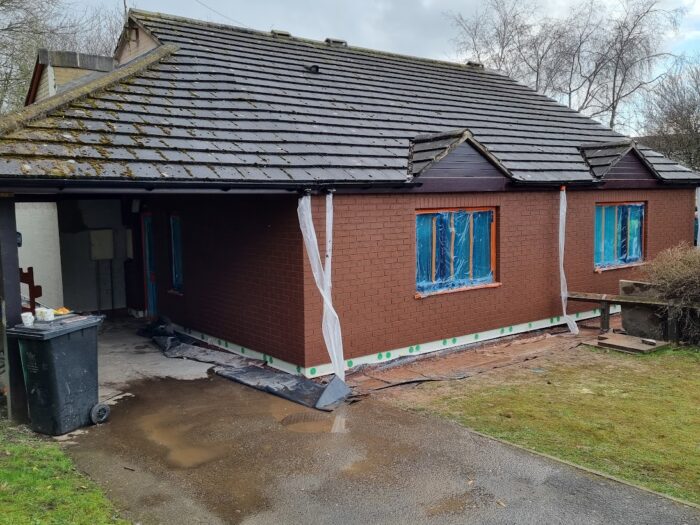
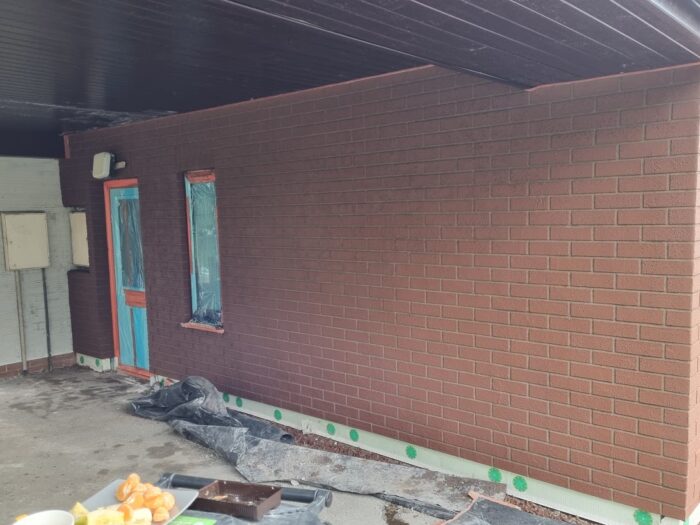
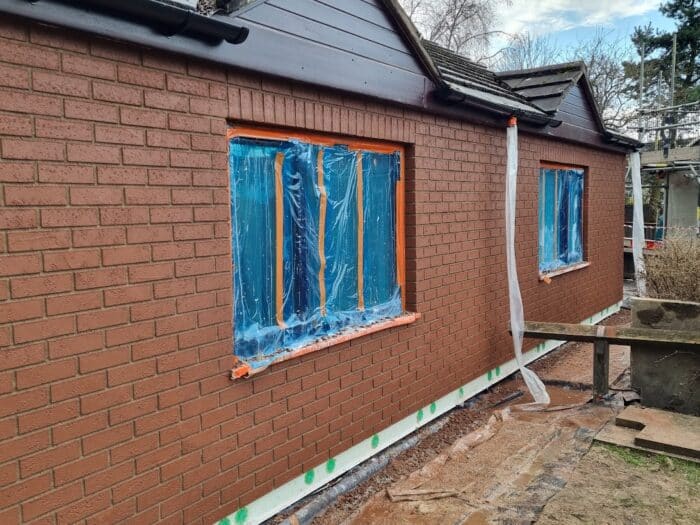
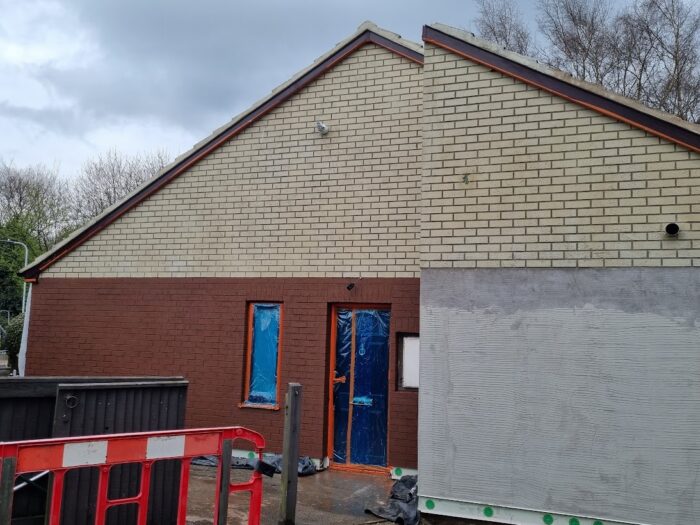
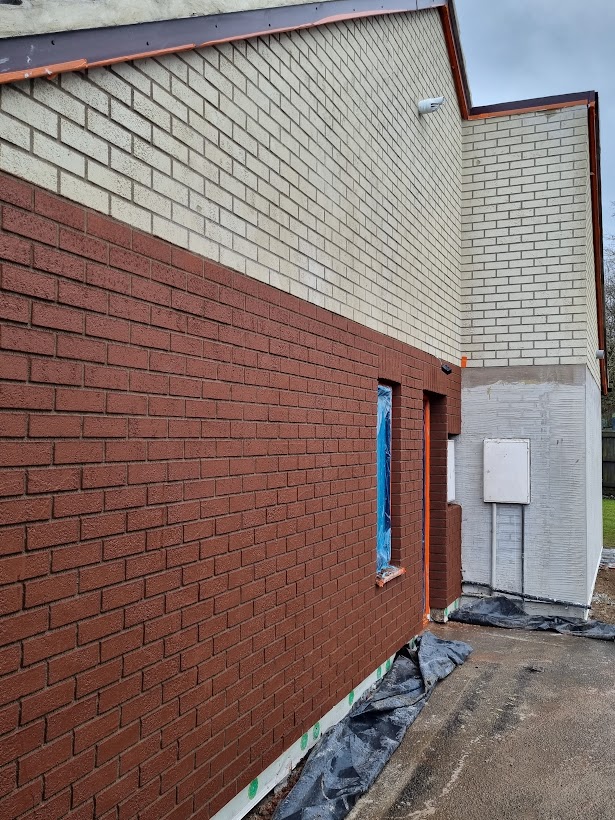
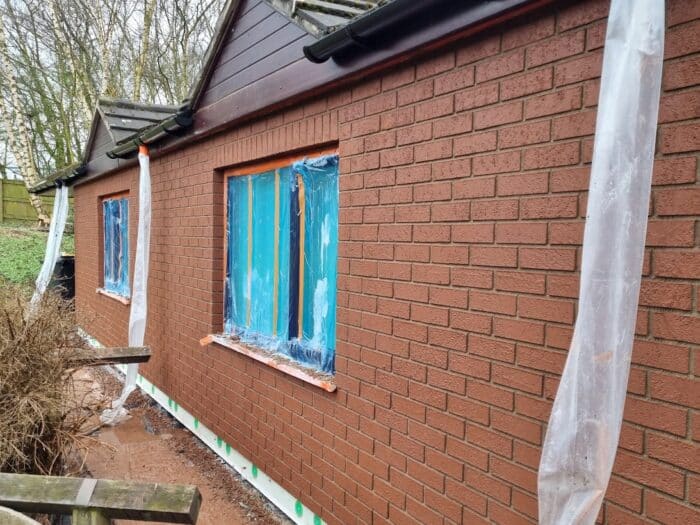
Social Housing Decarbonisation Funding
The Social Housing Decarbonisation Funding scheme is a critical initiative aimed at retrofitting social housing units across the UK to make them more energy-efficient and sustainable. This funding is of paramount importance in addressing fuel poverty. Especially in the North of England, where colder climates and older housing stock contribute to high heating costs.
In the North of England, fuel poverty has been a persistent issue. With a higher proportion of households struggling to heat their homes adequately. The funding provided through initiatives like the Social Housing Decarbonisation Funding scheme is essential in alleviating the burden of high energy costs for vulnerable households.
Importance for the Planet
Beyond its immediate impact on residents, projects like Well Bank Terrace play a significant role in addressing environmental concerns. Poorly insulated homes are responsible for a significant portion of energy waste. Inadequate insulation causes significant heat loss. Forcing homeowners to use more gas for heating and contributing to fossil fuel consumption and pollution.
Retrofitting houses to retain heat is a fundamental step in lowering energy consumption and, by extension, reducing our reliance on fossil fuels. It aligns with a “fabric-first” approach, which emphasises improving the building’s envelope (walls, roof, windows, and doors) before implementing other energy-saving measures.
By achieving a 50% reduction in kWh usage, the Well Bank Terrace project demonstrated the effectiveness of this approach. Not only benefiting residents but also supporting the UK’s commitment to reducing carbon emissions.
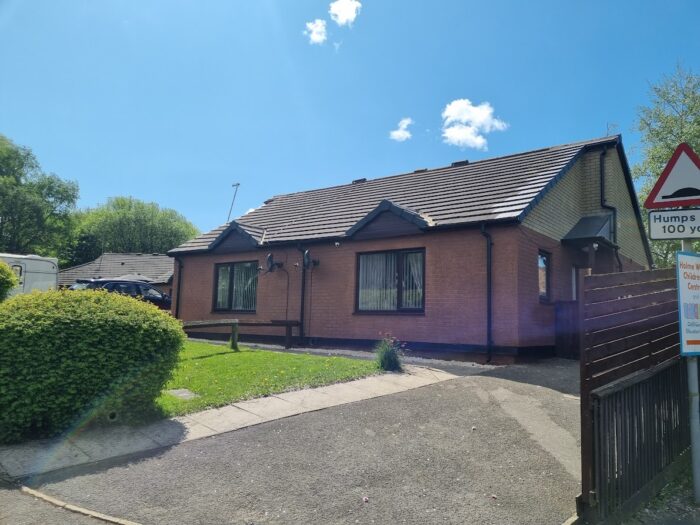
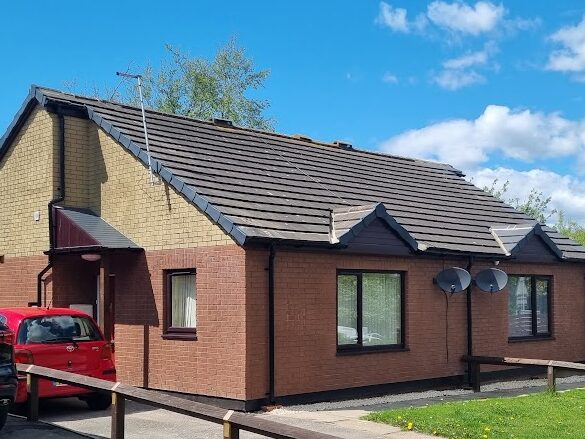
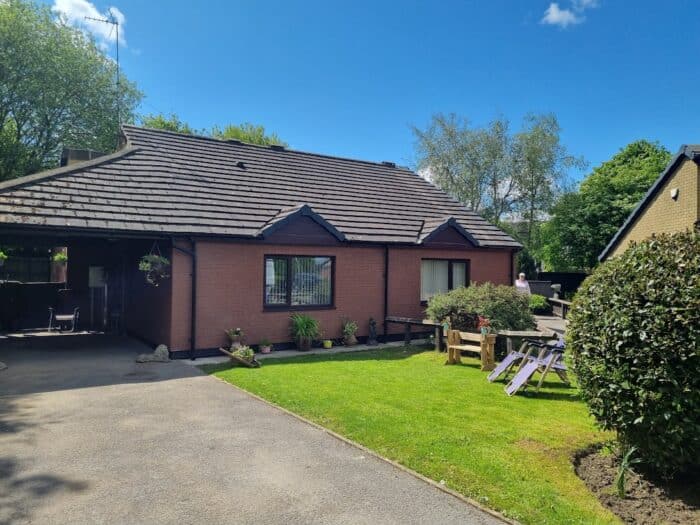
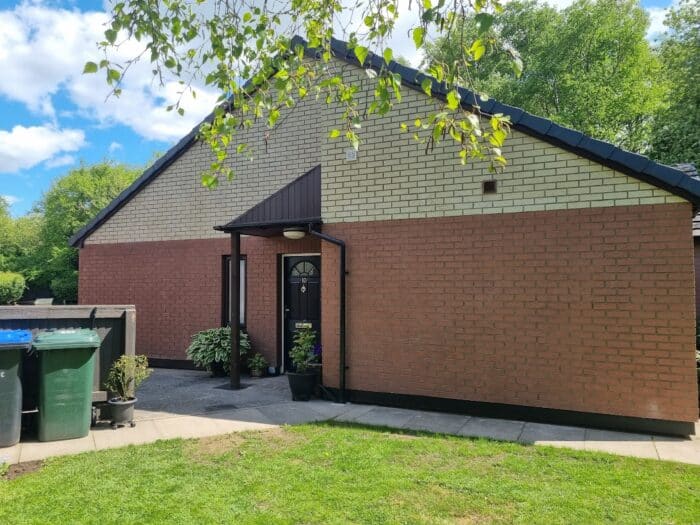
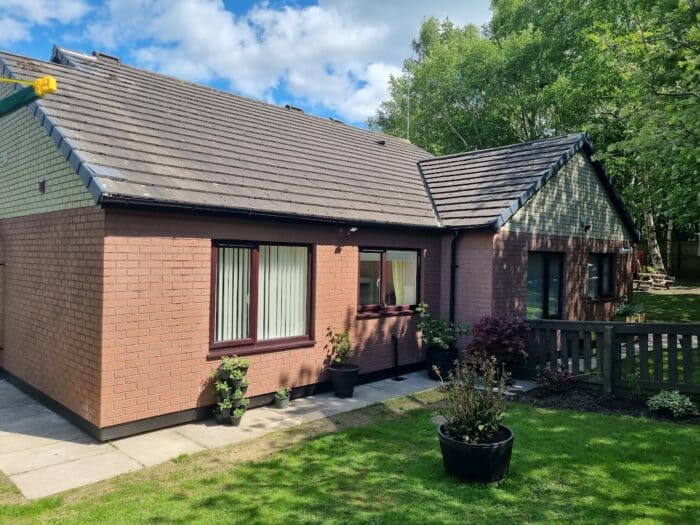
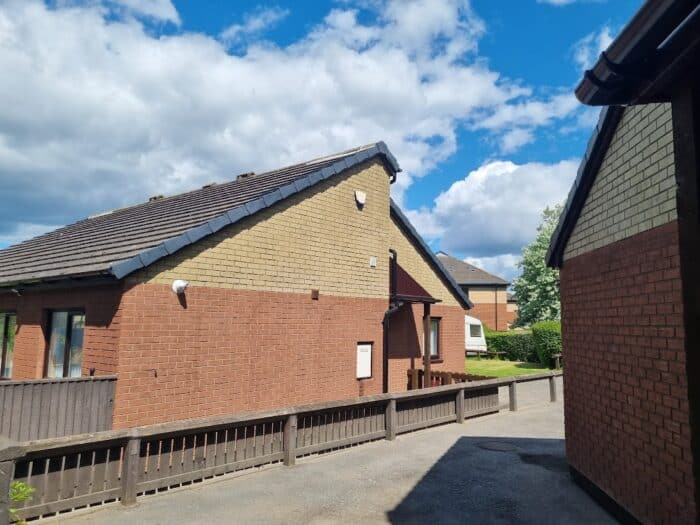
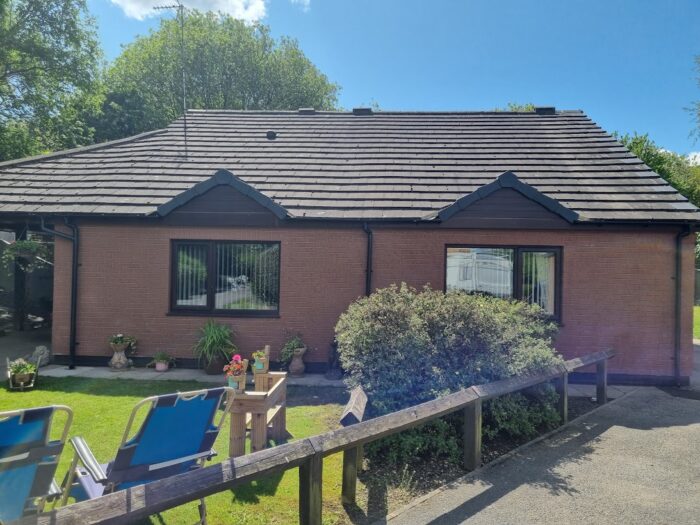
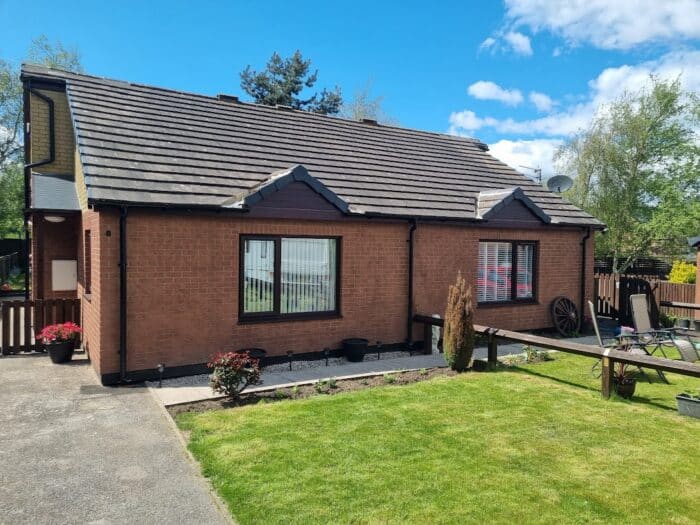
Conclusion
The Well Bank Terrace project exemplifies the positive impact of collaboration between Eclipse Energy, EQUANS, Accent Housing, and the City of Bradford Metropolitan District Council. By addressing fuel poverty, reducing energy consumption, and contributing to environmental sustainability, this initiative stands as a shining example of how social housing can be transformed for a sustainable future.
The case study presented here, along with before, during, and after installation photos, highlights the remarkable difference made in the lives of residents and the broader community.